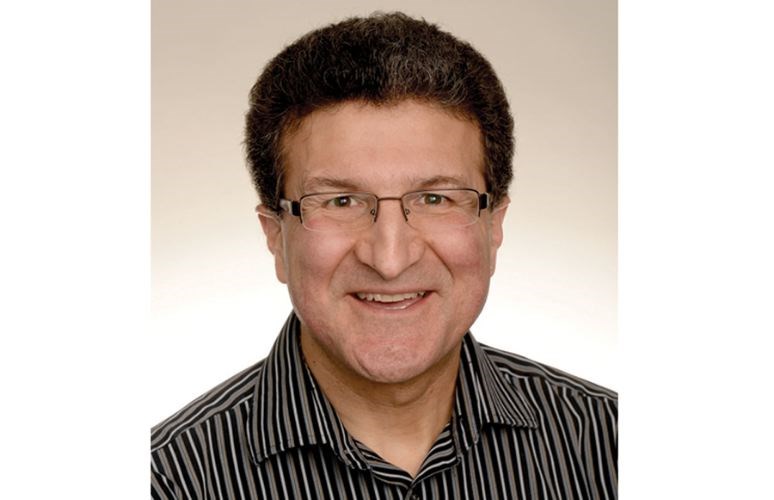Earlier this month we celebrated the 25th anniversary of the fall of the Berlin Wall. Having been born in the 1960s, I believe that this is the most significant historic event of my lifetime. I am inspired by the forces that caused the iron curtain to crumble, and I am encouraged by the progress of humanity since that momentous event in 1989.
I remember well the fear of nuclear disaster during the Cold War. There was a lot of suspicion regarding the people on the other side of the iron curtain, and media on both sides was quick to point out the terrible things the enemy was doing. Many of us refused to believe this, however. We realized that just because someone lived on the other side of a wall, it didn't make them bad. We hoped and we prayed for peace and unity in the world. Major changes began in Poland with the Solidarity movement in the early 1980s. Then Mikhail Gorbachev became leader of the Soviet Union. More and more people believed that the world indeed did have a future. We continued to hope and pray on both sides, and brave people living under communism dared to protest and speak out. Suddenly, on November 9, 1989, an East German government official mistakenly announced on television that people could leave East Berlin without an exit visa, and that night the wall came tumbling down.
The world has never been the same.
Since that time, the world has progressed in amazing ways. My area of specialty, genocide studies, experienced tremendous growth. No longer did we only point out the crimes of the other side, but we looked honestly at our own. No longer do we deny that genocide happened in an effort not to offend important allies, we discuss them openly. I remember being told many times that the Armenian genocide, which occurred during World War I, was not a genocide, it was simply a part of a civil uprising in present day Turkey. Turkey, of course, bordered on the Soviet Union and was of strategic importance. Today, the Armenian genocide is seen for what it was, the first organized genocide of the 20th century, and we recognize how it led to the Holocaust in the Second World War. Since 1989, we have come to a better understanding of how genocide occurs and how it can be prevented. Genocide still happens and humanity is far from perfect, but a world free of genocide is certainly possible, as was fall of the Berlin Wall.
We humans are amazing creatures. We are capable of horrendous evil, but the vast majority of us truly desire a better world and are willing to work for it. I am proud to tell my students that I was a part of a global movement that caused division and fear to crumble. I am proud to tell them that human rights have advanced tremendously since I first became politically active in the 1980s, and I am confident that these fine young people will continue to solve the problems of humanity and make the world better. There is a common goodness in humanity that cannot be torn apart, even by the most fortified wall in history.



